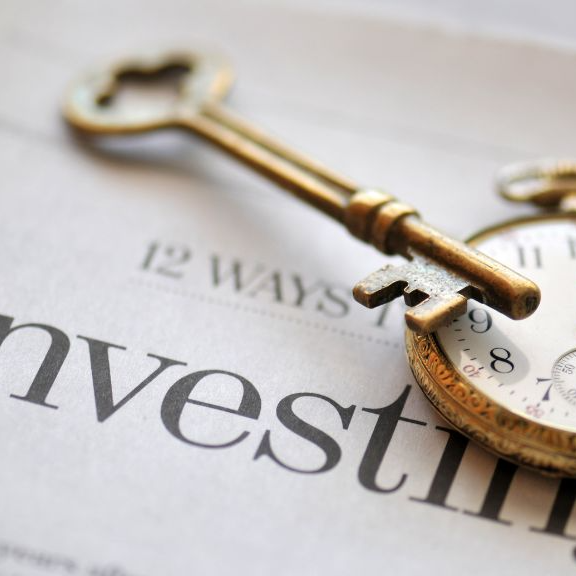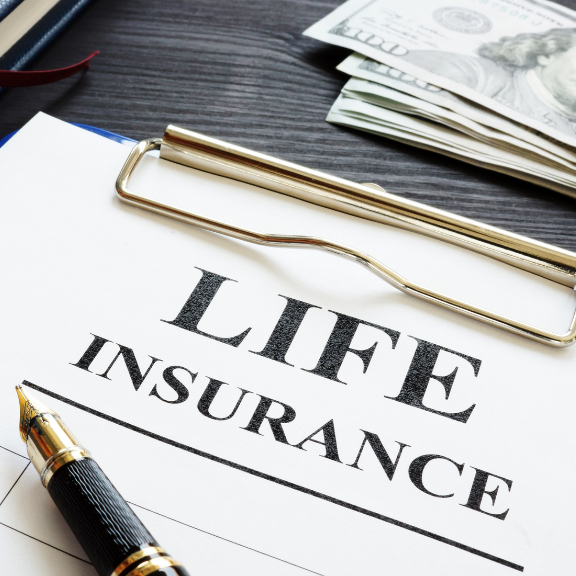Understanding Safe Money: A Comprehensive Guide to Financial Security
Key Takeaways:
Diversification is your financial safety net – spread your investments wisely.
Build a sturdy emergency fund for unforeseen challenges, emphasizing liquidity and safety.
What is Safe Money?
In the intricate tapestry of personal finance, understanding the concept of “safe money” is akin to possessing a compass in a financial wilderness. Safe money isn’t just a term; it’s a philosophy that guides individuals toward financial security. At its core, safe money revolves around financial instruments and strategies designed to prioritize capital preservation over the allure of high returns. This involves a meticulous dance between minimizing risk and ensuring a steady, albeit moderate, growth of one’s assets.
Strategies for Safe Money Management
Diversification: Safeguarding Your Investments
Diversification stands tall as one of the pillars of safe money management. It’s not merely a recommendation; it’s a strategy grounded in the wisdom of not placing all financial bets in a single basket. One can effectively mitigate risk by spreading investments across different asset classes – be it stocks, bonds, or real estate. This strategic approach ensures that the inevitable downturns in one sector don’t send shockwaves throughout your portfolio.
Why Diversification Matters:
Diversification acts as a financial safety net. Picture it as a well-woven safety harness – if one strand weakens, the others remain robust, preventing a freefall. For instance, while some sectors might be grappling with losses during economic downturns, others, like utilities or healthcare, may demonstrate resilience.
Implementing Diversification:
The art of diversification involves a delicate balance. It’s not just about spreading investments randomly; it’s about aligning your portfolio with your risk tolerance and financial goals. If you’re more risk-averse, a larger allocation to stable, income-generating assets like bonds might be suitable. Regularly reassess and rebalance your portfolio to maintain the desired asset allocation, especially as your financial circumstances and market conditions evolve.
Emergency Funds: A Pillar of Financial Security
An emergency fund plays a crucial note in the grand symphony of financial planning. This fund is not just a financial cushion; it’s a lifeline during unexpected events such as job loss or unforeseen medical expenses. It represents financial resilience and flexibility.
Building Your Emergency Fund:
Financial experts commonly recommend setting aside three to six months’ worth of living expenses in your emergency fund. This ensures you have a financial parachute if you find yourself in an unexpected freefall.
Choosing the Right Accounts:
When building an emergency fund, the emphasis is not on high returns but on liquidity and safety. Consider keeping these funds in easily accessible and low-risk accounts, such as savings accounts, money market accounts, or short-term Certificates of Deposit (CDs). While the returns might not be dazzling, the goal is financial security, not aggressive growth.
Common Questions About Safe Money
1. What are the safest investment options for beginners?
Embarking on the journey of investing can be daunting, especially for beginners. Safety becomes a primary concern, and rightfully so. The key is finding a balance between the potential for returns and the level of risk one is comfortable with.
Safe Investment Options for Beginners:
Government Bonds: Often considered one of the safest investments, government bonds are backed by the full faith and credit of the government.
Certificates of Deposit (CDs): These time deposits offer a fixed interest rate over a specified term, providing a predictable return.
Consulting with Financial Advisors:
While general advice can be helpful, every financial journey is unique. For personalized guidance, consulting with a financial advisor is invaluable. They can assess your financial situation, risk tolerance, and goals to recommend the most suitable investment options for your specific circumstances.
2. How can I secure my money in a volatile market?
Volatility in financial markets is a reality that every investor must contend with. However, navigating through turbulent times and securing your investments is not an impossible task.
Maintaining a Diversified Portfolio:
A diversified portfolio acts as a shield during market volatility. Assets like gold or Treasury bonds often perform well when equities are under pressure. Regularly reviewing your portfolio and adjusting your allocations in response to changing market conditions is essential for weathering the storm.
Staying Informed and Patient:
The emotional rollercoaster of market fluctuations can be challenging. It’s essential to stay informed about the underlying factors affecting the markets and resist the urge to make impulsive decisions. Patience is a virtue in investing, and maintaining a long-term perspective can help you ride out short-term market swings.
3. What is the FDIC, and how does it protect my money?
Understanding the role of the Federal Deposit Insurance Corporation (FDIC) is paramount for individuals entrusting their funds to the banking system.
FDIC Basics:
The FDIC serves as a financial guardian for your deposits. It insures deposits up to $250,000 per depositor, per bank. This means that even if your bank faces financial difficulties, your insured deposits are protected up to this limit.
Ensuring Your Accounts Are FDIC-Insured:
Not all financial products are automatically covered by FDIC insurance. Commonly insured accounts include savings accounts, checking accounts, and Certificates of Deposit (CDs). It’s essential to confirm the insurance status of your accounts and ensure that they fall within the FDIC limits.
Conclusion: Navigating the Path to Financial Security
In conclusion, safe money is not a static destination; it’s a dynamic journey. It’s not about avoiding risk altogether but making informed decisions that align with your financial objectives. By diversifying your investments, building emergency funds, and understanding protective measures like the FDIC, you can confidently navigate the path to financial security.
As you embark on this journey, stay informed, stay diversified, and be proactive in adapting your strategies to the dynamic nature of the financial world. Your financial security is a continuous process, and by staying vigilant, you can enjoy the peace of mind that comes with knowing your money is in safe hands. Safe money isn’t just a concept; it’s a guiding principle for a resilient and secure financial future.
Recent Articles
Are you a Safe Money or Retirement expert? Apply for a free listing!
Are you a Safe Money or Retirement expert? Apply for a free listing!
Find The Most Credible,
Highest-Rated Safe Money Advisors
If You Are Nearing Retirement Or Already Retired, Finding The Right Financial Advisor Who Fits Your Needs Doesn’t Have To Be Complicated.
Our Free Tool Matches You With The Highest-Rated Financial Advisors In Your Area.
Featured Articles
The Ins and Outs of Retirement Income: Strategies for Sustainable Cash Flow Key Takeaways: Start saving early and diversify your investments to build a robust
Safe Money Investments for Retirement: Strategies to Secure Your Future Key Takeaways: Safe money investments like CDs, Treasury securities, and annuities offer retirees stability and








